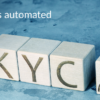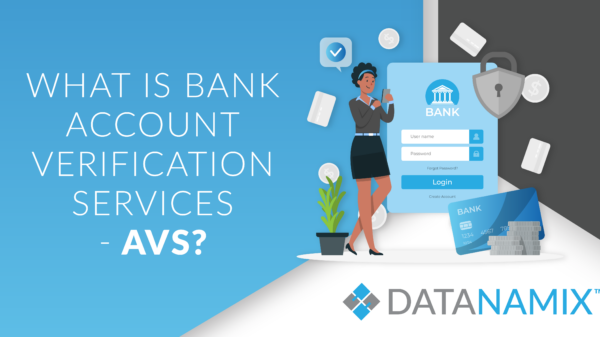Credit management in South Africa plays a crucial role in maintaining the economy’s health. As businesses and individuals rely heavily on credit to fuel their financial growth, effective credit management in South Africa ensures that credit is granted responsibly, reducing the risk of bad debts and financial losses. With a growing number of consumers and companies needing access to credit, it’s essential for businesses to adopt strong credit management practices to maintain financial stability. By prioritising credit management in South Africa, organisations can foster sustainable economic growth while safeguarding their own financial well-being.
The role credit management plays in economic challenges and external pressures:
In 2024, South Africa has already experienced a significant number of business liquidations. By July, 892 companies had shut down, highlighting the ongoing economic challenges faced by sectors such as finance, insurance, real estate, and business services.
The first few months of the year saw 247 businesses liquidate by February alone, which was an increase compared to the same period in 2023. Despite some months showing a slight year-on-year improvement, the broader economic environment, including issues like load shedding and the cost of electricity (Eskom), logistics and freight (Transnet), and policy uncertainty (Government), continues to push businesses into liquidation. Credit management during such times becomes even more crucial to navigate these uncertainties.
Many businesses in South Africa closed in 2024 due to a combination of persistent economic challenges and external pressures. Key factors contributing to these closures include:
- Load Shedding: Ongoing power outages have severely disrupted business operations, which emphasises the importance of credit management losses caused by these interruptions. This is particularly harmful to small and medium-sized enterprises (SMEs) that lack the resources to invest in alternative power sources like generators. Frequent and unpredictable load shedding affects productivity and increases operational costs, making credit management even more vital for sustainability.
- Stagnant Economic Growth: South Africa’s economy has been described as a “zombie economy,” where businesses are merely surviving. For companies to stay afloat in this environment, robust credit management practices are essential, ensuring that resources are used efficiently amidst rising interest rates, inflation, and weak consumer demand.
- High Operational Costs: Rising costs for fuel, electricity, and goods have placed additional strain on businesses, making credit management key to survival. Without effective credit management, businesses may struggle to balance their operational costs with dwindling revenues.
- Unemployment and Consumer Spending: South Africa’s high unemployment rate reduces disposable income, affecting businesses reliant on consumer spending. Here, credit management can play a pivotal role in ensuring businesses can sustain themselves during periods of weak consumer demand.
These factors, along with the ripple effects of global economic conditions, continue to create an environment where effective credit management is crucial for businesses to remain sustainable.
Why Financial Health is as Important as Sales
Sales might keep the doors open in the short term, but without a solid financial foundation, businesses often struggle to grow. Effective credit management helps business owners optimise their cash flow and maintain creditworthiness, ensuring sustained success.
- Cash Flow Management: Even profitable businesses can fail without proper credit management to cover day-to-day expenses.
- Debt vs. Equity: Smart use of credit management can preserve equity and allow businesses to grow while balancing their financial resources.
The Role of Credit Management in Business Growth
In South Africa, credit management is critical for business growth. It not only allows companies to invest in opportunities but also provides flexibility when challenges arise. Managing credit effectively is a vital component of overall credit management strategies for companies aiming for expansion.
Improve Your Businesses Credit Score
Just as individuals have credit scores, businesses also have credit scores, and good credit management can improve yours by ensuring timely payments and managing debt levels. Working with a credit bureau like Datanamix, which specialises in KYC and credit management, can further enhance your creditworthiness.
The Impact of Good Credit on a Business’s Future
A strong credit profile, built through effective credit management sets a business up for long-term success. As businesses grow and mature, they often require larger loans or financing. A good credit score, maintained through effective credit management, allows companies to secure better loan terms and interest rates, enhancing their competitive edge.
- Better Interest Rates: Effective credit management enables businesses to secure loans at lower interest rates, allowing them to reinvest those savings into further growth.
- Trust and Reputation: Businesses with solid credit management practices build trust with suppliers, partners, and investors, leading to better terms and new partnership opportunities.
Conclusion
The economic climate makes effective credit management a critical factor for business success. With more stringent KYC and compliance processes due to legislative changes like FICA, businesses need to balance sales efforts with strong credit management practices. At Datanamix, we specialise in helping businesses understand their creditworthiness and offering tools to improve credit management. By focusing on sales and finance, your business can thrive today and build a solid foundation for tomorrow.


































